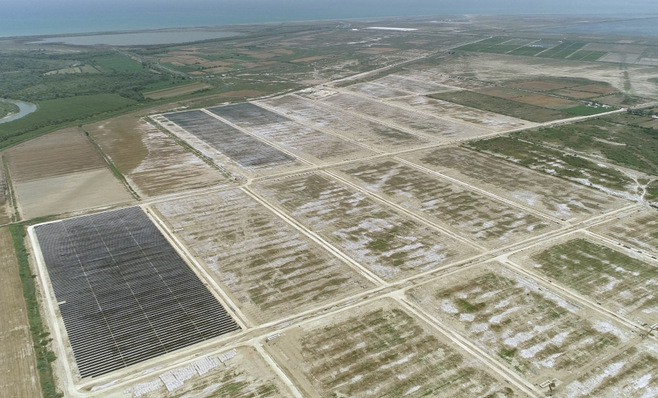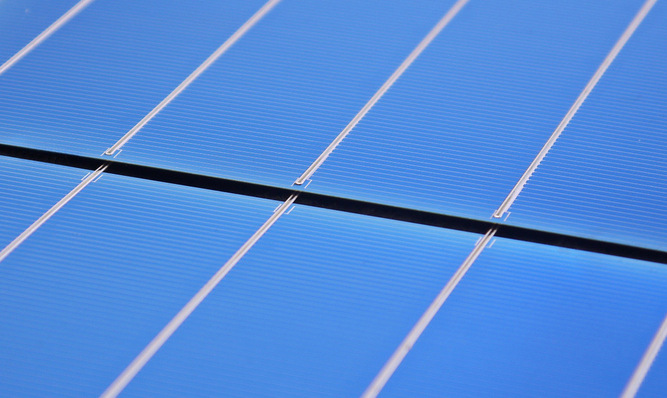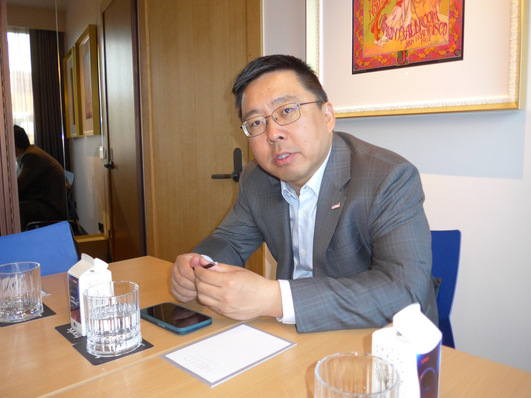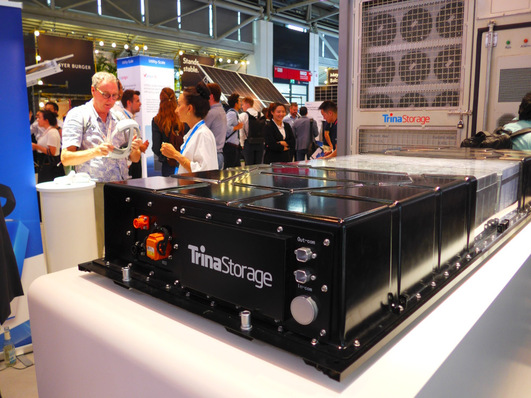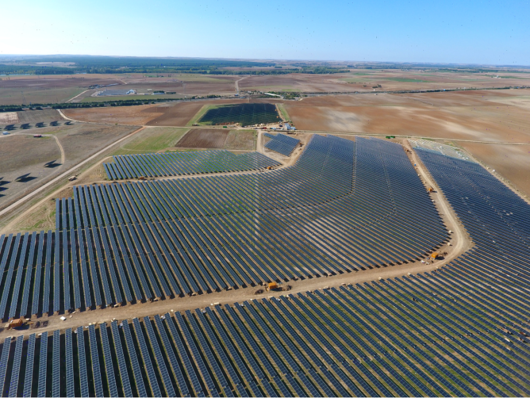Last year, Reiling recycled around 6,000 tonnes of end-of-life photovoltaic modules. By 2030, a cumulative 400,000 tonnes are expected to have to be disposed of in Germany alone. In addition, there is the repowering of solar parks, where old modules are replaced by new, more powerful panels. At the same time, demand for second-life modules is expected to increase.
See also: Fraunhofer IPA develops dismantling process for batteries from EVs
Intact modules go to the second-hand market
The new plant in Münster was built at the beginning of the year and has now been put into operation. Here, modules that are still optically and electrically intact are sorted out to be offered on the second-hand market. If the test is negative, the modules are dismantled and recycled. Up to now, the major part of the modules' weight has gone to waste glass.
More than 15 years of experience
In Münster, Reiling uses more than 15 years of experience in recycling to crush the modules. Then the components are separated, such as glass, aluminium, copper conductors, cables and foil fraction. The foils are incinerated, i.e. thermally recycled.
Also interesting: Recycling PV panels for more efficient EV batteries
All other recovered secondary raw materials can be used in industry for new products. Reiling is also researching the recovery of silicon and silver. In a research project with the Fraunhofer CSP, they succeeded in developing a promising process. (HS/mfo)



